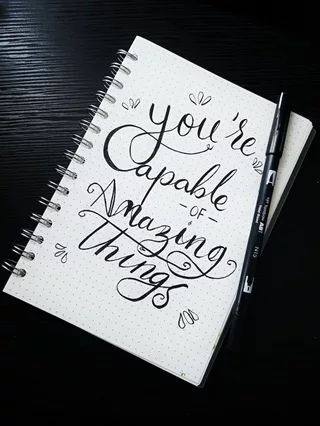Background
Social anxiety (SA), a prevalent comorbid condition in psychotic disorders with a negative impact on functioning, requires adequate intervention relatively early. Using a randomized controlled trial, we tested the efficacy of a group cognitive-behavioral therapy intervention for SA (CBT-SA) that we developed for youth who experienced the first episode of psychosis (FEP). For our primary outcome, we hypothesized that compared to the active control of group cognitive remediation (CR), the CBT-SA group would show a reduction in SA that would be maintained at 3- and 6-month follow-ups. For secondary outcomes, it was hypothesized that the CBT-SA group would show a reduction of positive and negative symptoms and improvements in recovery and functioning.
Method
Ninety-six patients with an FEP and SA, recruited from five different FEP programs in the Montreal area, were randomized to 13 weekly group sessions of either CBT-SA or CR intervention.
Results
Linear mixed models revealed that multiple measures of SA significantly reduced over time, but with no significant group differences. Positive and negative symptoms, as well as functioning improved over time, with negative symptoms and functioning exhibiting a greater reduction in the CBT-SA group.
Conclusions
While SA decreased over time with both interventions, a positive effect of the CBT-SA intervention on measures of negative symptoms, functioning, and self-reported recovery at follow-up suggests that our intervention had a positive effect that extended beyond symptoms specific to SA.
ClinicalTrials.gov identifier: NCT02294409.





